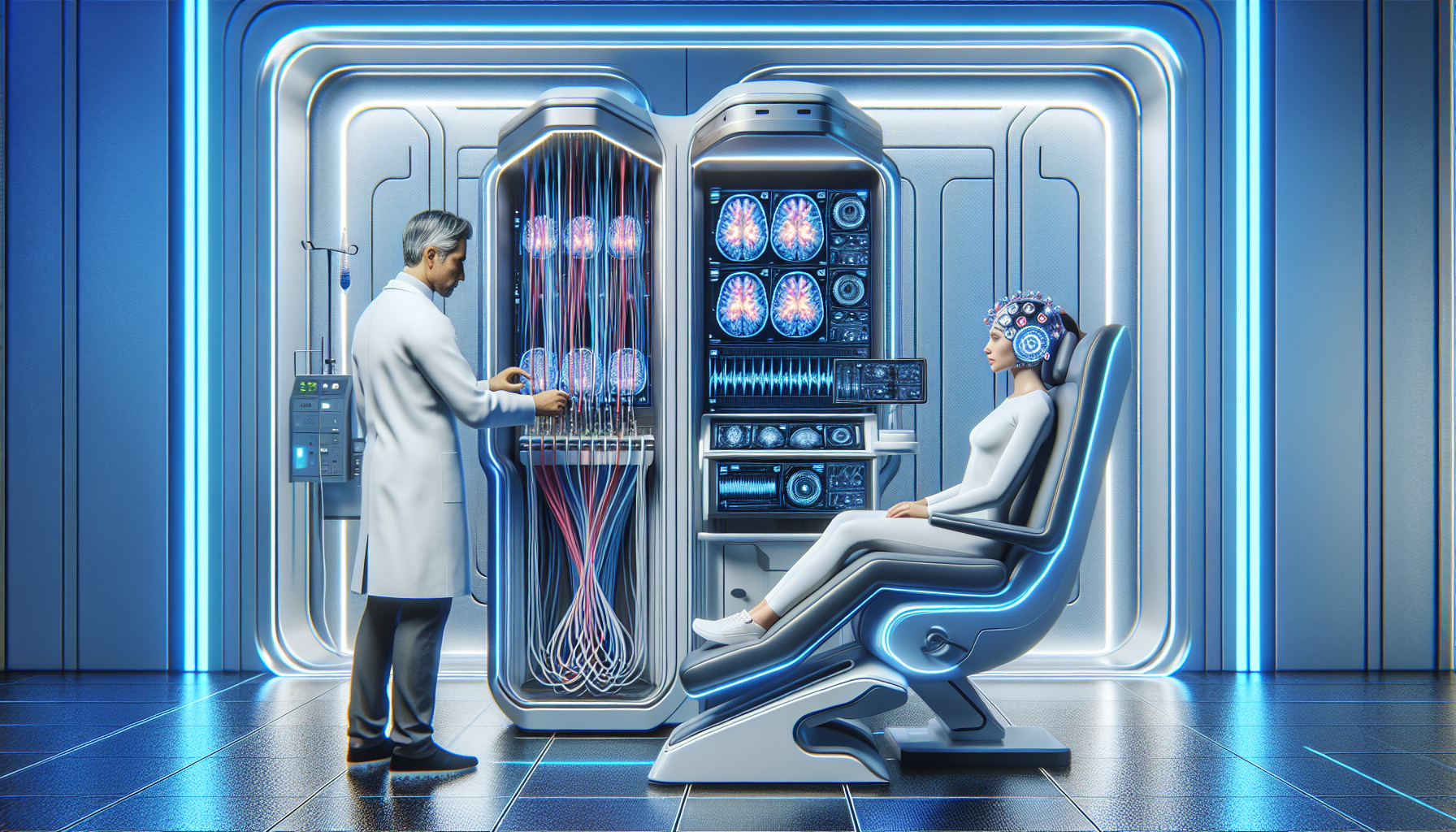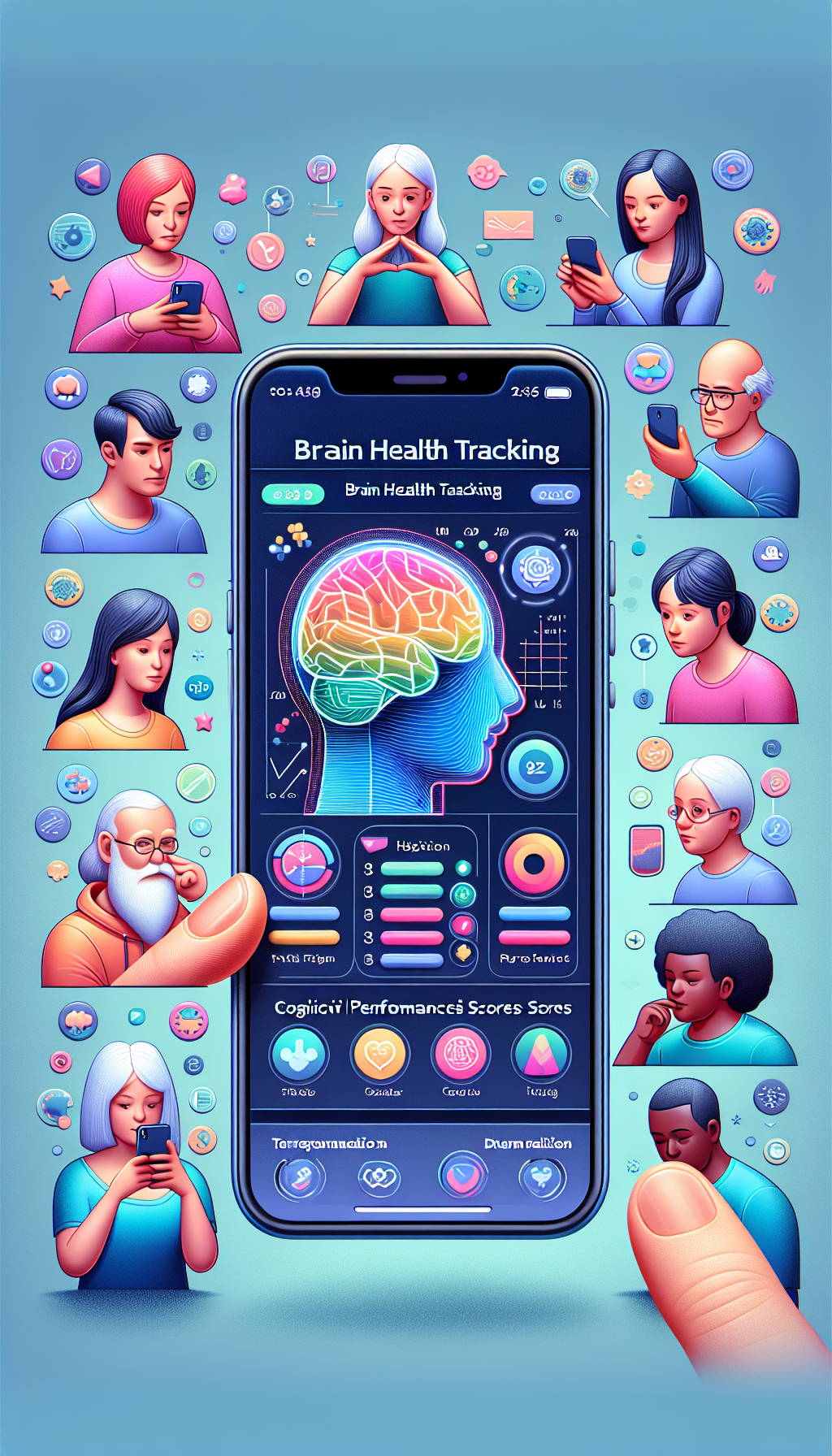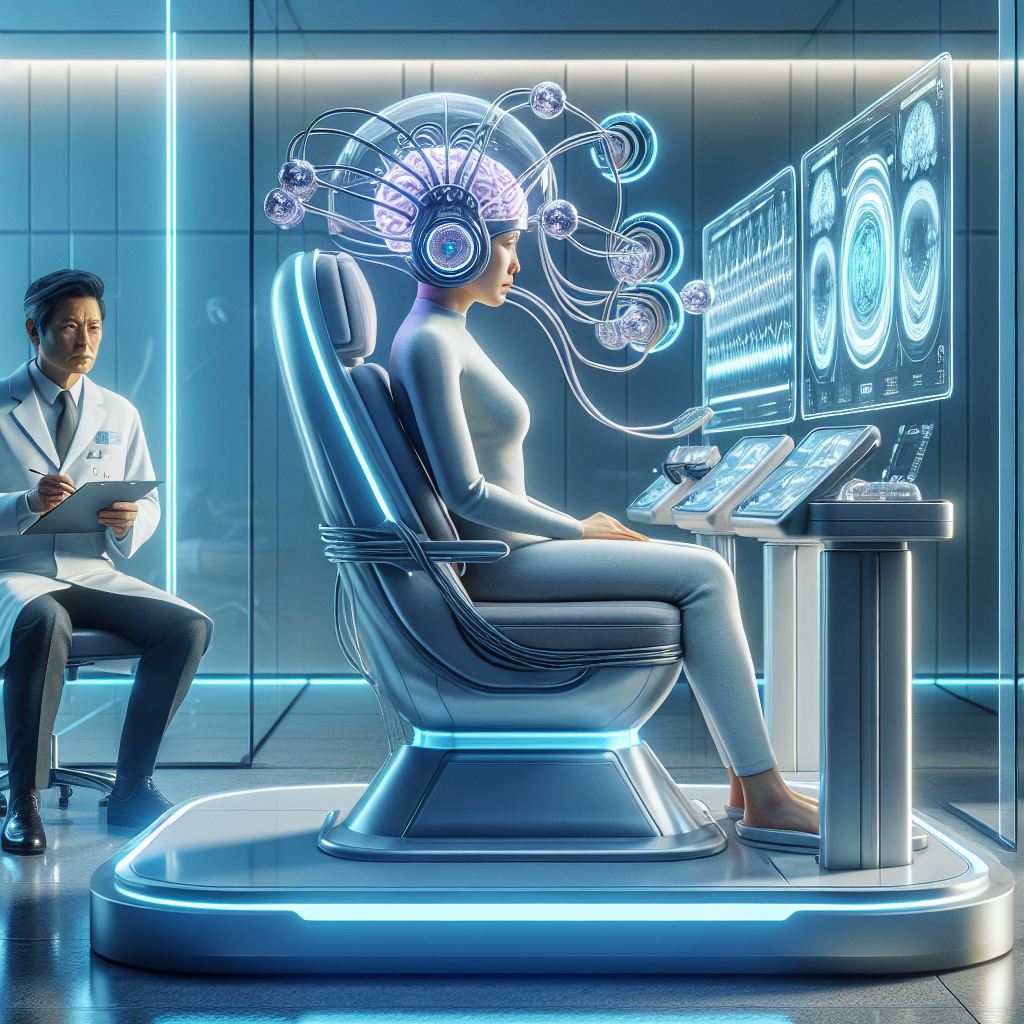The brain is arguably the most complex organ in the human body, responsible for our thoughts, feelings, actions, and interactions with the world. As such, maintaining its health is crucial for overall well-being. Recent years have seen significant strides in technology, particularly in monitoring and understanding brain health. This article delves into these advancements, exploring how they not only offer insights into the brain’s functioning but also pave the way for improved diagnostic and therapeutic approaches.
The Emergence of Sophisticated Brain Monitoring Devices
One of the most important advancements in brain health monitoring is the development of sophisticated devices that provide real-time data about brain activity. These devices range from wearable electroencephalogram (EEG) caps to non-invasive brain imaging technologies. They have become more accessible and user-friendly, allowing for continuous monitoring outside clinical settings.
For instance, portable EEG devices have evolved from bulky, wire-laden apparatus to sleek, wireless systems that can be used at home. This democratization of technology enables individuals to track their brain activity related to sleep patterns, stress levels, and cognitive workload, offering a window into the daily functioning of their brains.
Furthermore, technologies like functional magnetic resonance imaging (fMRI) and positron emission tomography (PET) scans have become more refined, providing detailed images of the brain’s structure and function. These images can be crucial for diagnosing conditions such as tumors, strokes, and degenerative diseases.
The Role of Artificial Intelligence in Brain Health
Artificial intelligence (AI) has revolutionized the field of brain health monitoring by enhancing the accuracy and speed of data analysis. AI algorithms can detect patterns and anomalies in brain activity that may be imperceptible to the human eye. This capability is particularly beneficial for the early detection of neurological disorders and for monitoring the progression of diseases.
AI-powered tools also assist in cognitive rehabilitation by providing personalized therapy sessions based on the user’s specific brain activity patterns. This tailored approach can lead to more effective outcomes and quicker recovery times for individuals recovering from brain injuries or strokes.
Wearables and Mobile Apps for Cognitive Health
The proliferation of wearable technology and mobile applications has made brain health monitoring more accessible than ever. These tools often incorporate features like cognitive games, meditation exercises, and brainwave analysis to help users enhance their mental fitness and monitor their cognitive health over time.
For example, apps that promote mindfulness and meditation have been shown to have positive effects on brain health. How Meditation and Mindfulness Improve Brain Health is an insightful read on the subject, emphasizing the benefits of these practices on cognitive function and stress reduction.
Integration with Other Aspects of Health
Brain health does not exist in isolation; it is interconnected with various other aspects of health. For instance, cardiovascular health has a significant impact on brain function, as the brain relies on a steady supply of blood to function optimally. Monitoring and maintaining good cardiovascular health is therefore essential for brain health.
Similarly, the gut-brain axis is a topic of growing interest. The gut microbiome has been found to communicate with the brain and can influence mood and cognitive functions. Readers can explore this fascinating connection in more detail by visiting Brain Health and the Gut Microbiome Connection.
Connecting Brain Health with Lifestyle Choices
Lifestyle choices play a crucial role in maintaining brain health. Regular physical activity, for instance, has been linked to neurogenesis, the formation of new neurons in the brain. Engaging articles like Exploring the Link Between Exercise and Neurogenesis provide a deeper understanding of how exercise contributes to brain health.
Diet also plays a critical role, with certain nutrients, such as omega-3 fatty acids, being vital for brain function. Resources like How Omega-3 Fatty Acids Support Brain Health offer valuable insights into the dietary components essential for optimal brain health.
Furthermore, hydration, sleep quality, and stress management are all factors that influence brain health. For example, understanding the Impacts of Hydration on Cognitive Performance can help individuals make informed decisions about their daily water intake.
Challenges and Ethical Considerations
While technological advancements in brain health monitoring are promising, they also present challenges and ethical considerations. Issues such as data privacy, consent, and the potential for misuse of brain data must be addressed. As these technologies become more integrated into our daily lives, it is imperative that we establish guidelines and regulations to protect individuals’ rights and ensure the ethical use of brain health data.
The Future of Brain Health Monitoring
The future of brain health monitoring is bright, with ongoing research and development poised to introduce even more innovative technologies. The integration of brain monitoring devices with virtual reality, augmented reality, and other digital platforms offers exciting possibilities for therapeutic interventions and enhanced learning experiences.
Moreover, as we gain a deeper understanding of the brain through these technologies, personalized medicine approaches tailored to an individual’s unique brain profile may become the norm, leading to more effective treatments and preventive measures for a wide range of neurological conditions.
Conclusion
Technological advancements in brain health monitoring are transforming our understanding and approach to brain health. These innovations promise not only to enhance the accuracy of diagnoses and effectiveness of treatments but also to empower individuals to take charge of their cognitive well-being. As we continue to harness the power of technology, we move closer to a world where brain health is prioritized, leading to improved quality of life for people around the globe.
For further reading on brain health and related topics, readers are encouraged to explore the comprehensive resources available on Avix Health.



